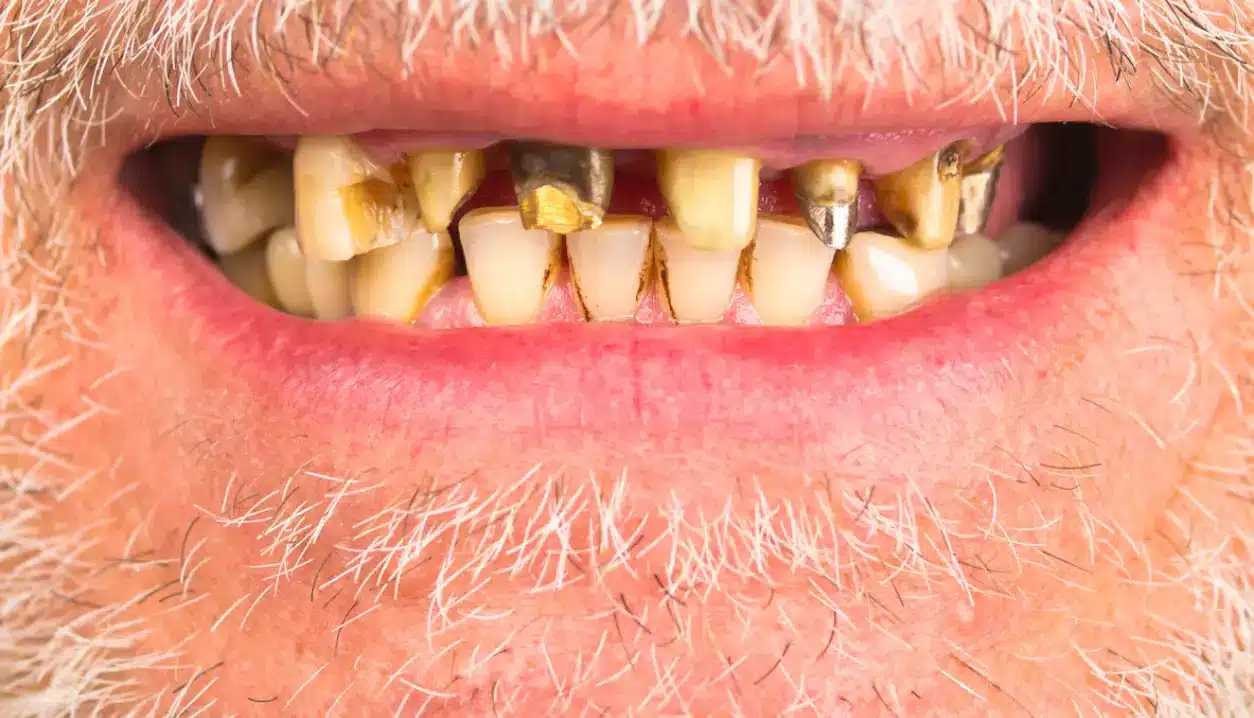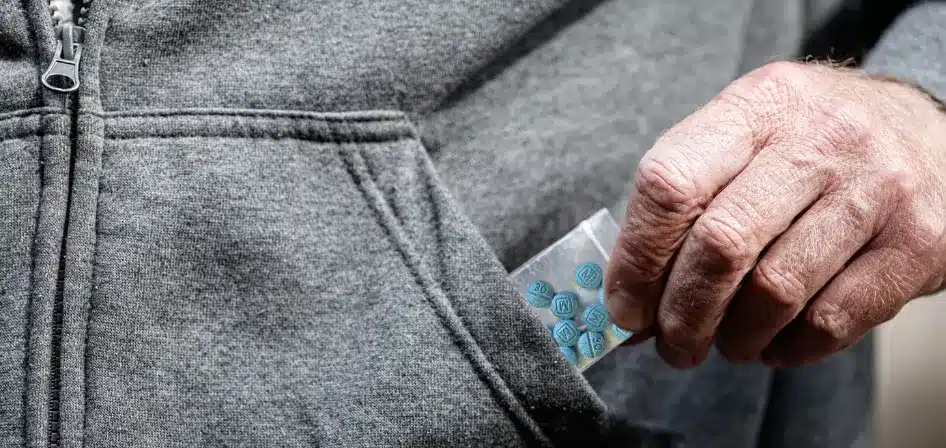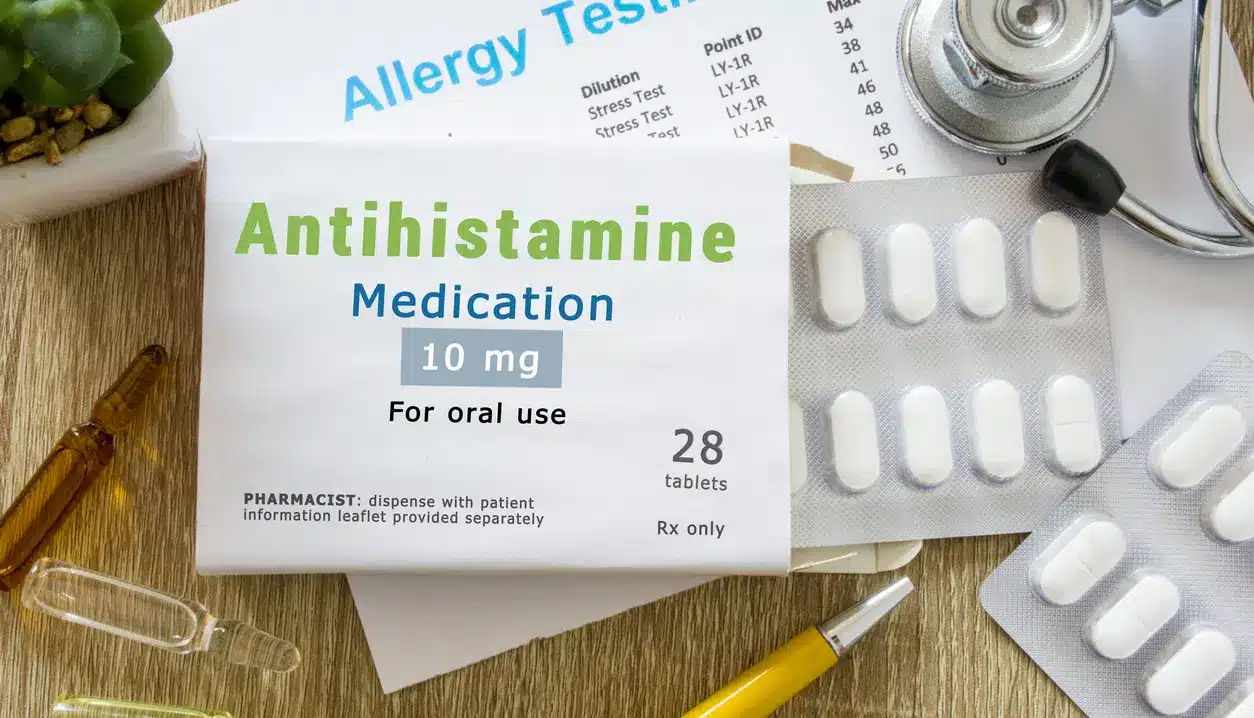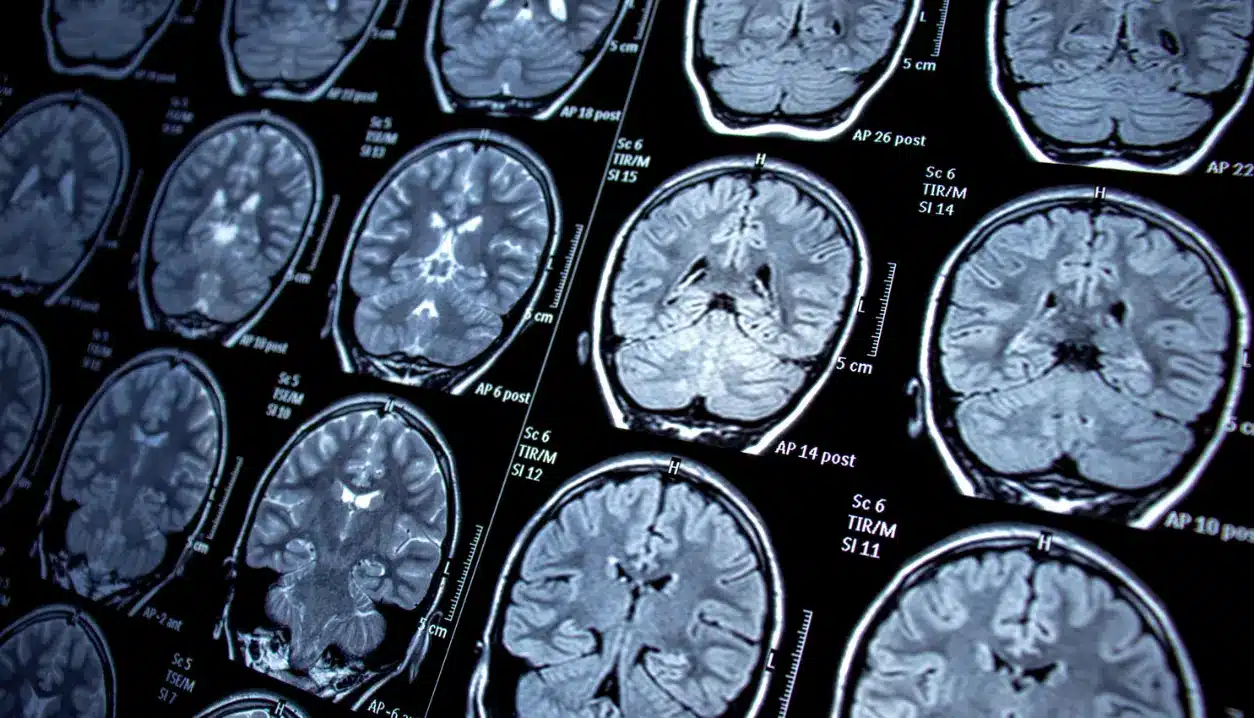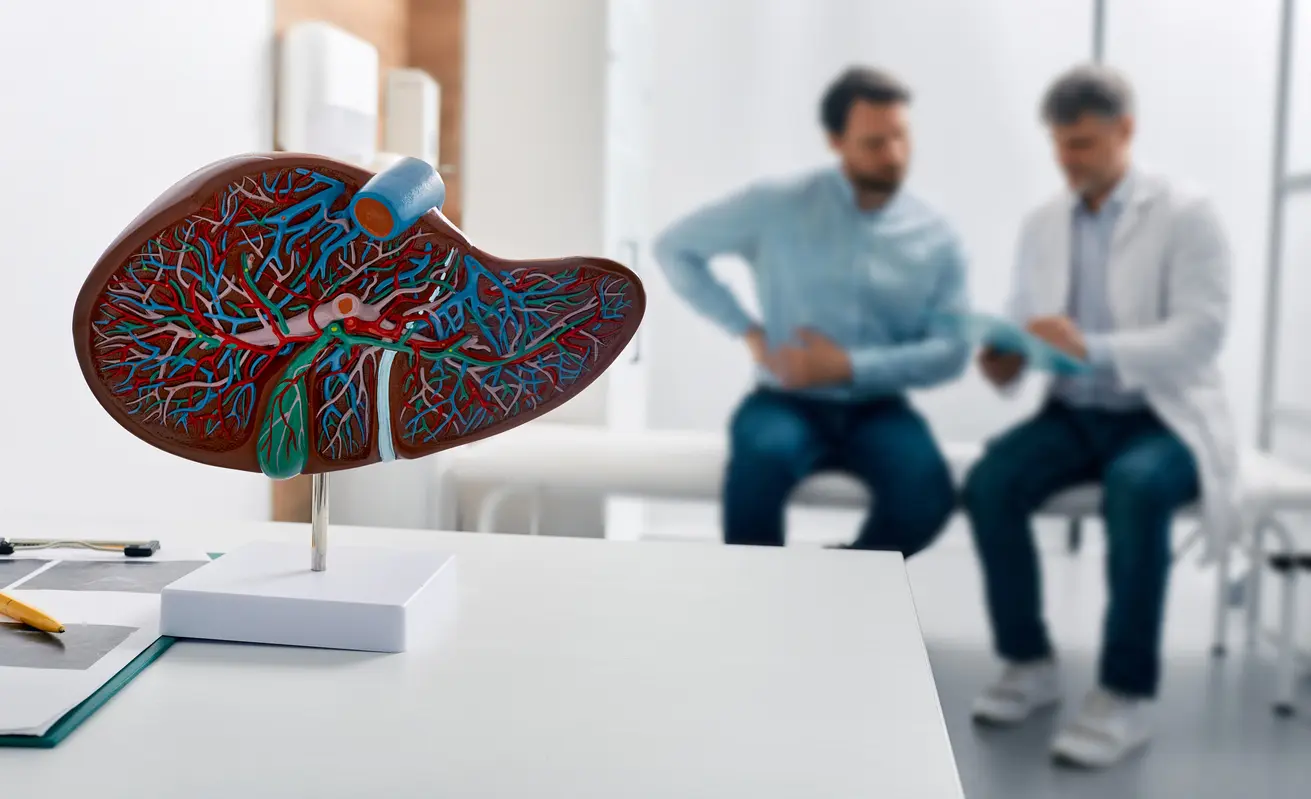Find Treatment Centres for Drug & Alcohol Rehab in Stroud


Stroud Drug and Alcohol Rehab Treatment Centres
Thanks to Ocean Recovery’s state-of-the-art residential rehab and all-encompassing drug and alcohol addiction treatments, anyone can have access to the best possible quality of addiction care regardless of whether you’re in Stroud or any of its surrounding areas.
Drug and Alcohol Rehab Centres in Stroud
We have treatment centres in Stroud
Drug addiction and/or alcohol addiction is, broadly speaking, characterised as being a chronic disorder of the brain.
Addictive disorders are most commonly identified through an individual’s need to consume more of a substance punctuated by fleeting periods of sobriety before the individual feels that they must consume the substance again.
People who’re stuck in a cycle of addictive behaviour will repeatedly resort to consuming narcotics and/or alcohol despite being aware of the destructive effects that their consumption will have on their own bodies as well as those who are most dear to them.
Individuals in the midst of a long-term addiction can watch on as they force their loved ones away from them and brink themselves to financial and physical ruin, only concerned by the pursuit of that next “fix” or alcoholic beverage.
Drug and alcohol addiction can physically alter the structure of your brain; and, it is this change to your brain chemistry that can repeatedly lead you to feel the need to consume narcotics and/or drugs.
For this reason, in order for addiction treatment to be considered truly successful, a highly-trained therapist will need to administer serious, severe psychological intervention to break down these newly developed behavioural patterns for the long term.
Fortunately, Ocean Recovery’s residential drug and alcohol rehabilitation centres are ready to provide this service for you. With Ocean Recovery’s assistance, you can start breaking free from your addictive cycle for good.
All you need to do is contact us today on 01253 847 553 or text HELP to 83222.
The Causes Behind Drug And Alcohol Addiction
For a severe drug and/or alcohol addiction to become present, an individual must naturally have been physically taking/consuming the substance for some time.
One of the primary reasons that individuals take narcotics or consume alcohol in the first instance is to improve social gatherings and experience periods of euphoria.
When some substances are consumed, the user experiences a powerful euphoric sense. Alternatively, some substances, including the likes of cocaine, will permit the user to experience a sense of feeling powerful, self-confident, and bold.
Finally, some substances, such as opiates, will allow those who consume them to experience periods of extreme calm whenever they’re consumed.
Another reason why some individuals turn to drug use and/or alcohol consumption is in order to self-medicate in a manner of speaking.
Consuming substances can allow people to, however temporarily, suppress the negative side-effects of other mental health illnesses such as depression and/or anxiety.
Of course, there is also the fact that some individuals will simply turn to consume drugs out of a sense of peer pressure or simply to satisfy a sense of curiosity. It is often this factor that leads to most teenagers resorting to drug and alcohol use.
People in their teenage years are especially susceptible to “peer pressure”, and so it is extremely important that teachers and guardians ensure that teenagers are aware of the dangers that giving in to peer pressure and using drink and/or drugs can bring about.
The majority of people with drug and alcohol abuse problems will fondly remember their first time-consuming drink or drugs, often viewing that initial experience through a rose-tinted lens.
Over time, however, that individual’s drug use will become an everyday feature of their existence, with them never recapturing that initial experience ever again — instead of running their life in the pursuit of this impossible recapturing of the past.
Drug Addiction And Tolerance Issues
As drug and alcohol addiction becomes more prolific in a person’s life, their body will attempt to defend itself from these substances by building up a tolerance to them.
This then means that those with an addiction will consume more and more of a substance in order to still feel the extreme effects that they did when they were first exposed to the substance.
This means that, over time, said individuals will not be able to feel “normal” when they are not consuming the substance they have become addicted to — or when they are not consuming “enough” of said substance.
Furthermore, as this cycle of consumption continues, the individual’s body will eventually form a dependency upon the substance. This means that when they stop consuming the substance they’re addicted to they will start to experience severe physical and psychological side-effects — this process is called “withdrawal.”
In lieu of professional medical support, withdrawal (or detox) can be extremely unpredictable and dangerous to the individual. Withdrawal side effects, in particular alcohol withdrawal side-effects, have tragically cost many addicts their life in the past.
Therefore, we highly encourage you to allow Ocean Recovery’s detox clinic, at our drug and alcohol treatment centre, to help you through detoxification with the help of a medically assisted withdrawal programme.
With this programme, we can keep a close eye on your physical health throughout withdrawal and control your physiological side effects with appropriate medical treatment.
Treating Your Mind
Getting your body to a place where it no longer has any lingering negative substances in it will be an intense, yet necessary, experience. And, once this has been accomplished, our medical staff can then work towards making sure that your brain no longer falls prey to addictive tendencies.
This process will largely consist of ensuring you confront the underlying factors which contributed to your addiction in the first instance as well as helping you to find mental techniques to prevent relapse in the future.
The treatments which will help you accomplish these goals include dialectical behavioural therapy (DBT), dual-diagnosis treatment, cognitive behavioural therapy (CBT), relapse prevention planning, family drug support counselling, trauma therapy, NAD+ brain restoration therapy, and much more.
Call Ocean Recovery today on 01253 847 553 to start your course of treatment as soon as possible.
Request A Callback
Enter your phone number and a member of our team will call you back to discuss your recovery.
Contact Us
For more information please get in touch using the information below
Call: 01253 847 553 Send us a messageDownload Our Brochure
For more information about the addiction services that Ocean Recovery offer, download our brochure.
Download our brochureDo I need help?
A lot of people are unsure if there are suffering from addiction. Take these tests to find out if its effecting you without your knowledge.
Select your test and find out more
Related Areas
Our Centre
Rehab In Northern England

Google Reviews
4
Tel: 01923 369161
Email: info@oceanrecoverycentre.com
Address: 94 Queen's Promenade, Blackpool, FY2 9NS
View CentreOur Partnering Centres
Rehab in Scotland

Google Reviews
5
Tel: 01475 303998
Email: info@novarecovery.com
Address: 10-12 Scott St, Largs, North Ayrshire, KA30 9NU
View CentreRehab in Greater London

Google Reviews
4.5
Tel: 01923 369 161
Email: info@cassioburycourt.com
Address: Cassiobury Court, Richmond Drive, Watford, Herts, WD17 3BH
View CentreRehab in the Midlands

Google Reviews
4.5
Tel: 01908 489 421
Email: info@asanalodge.com
Address: 48 Moorend Rd, Yardley Gobion, Towcester, NN12 7UF
View CentreOur Blogs

How to Commit to Sobriety
If you are suffering from alcohol addiction or substance misuse issues, it can be very difficult to overcome. Sobering up in the first place can be a major challenge, but recovery is not a single step – it is an ongoing process. Committing to sobriety means making a serious and continuing effort to stay away

Life After Addiction: How to Cope With Survivor’s Guilt
Recovering from addiction is a very personal journey, but something many share is a sense of achievement and renewal. On the other side of the coin, for many individuals who have walked this path, the joy of recovery can be accompanied by an unexpected emotional burden – survivor’s guilt. And this feeling (which is commonly

What Does Ketamine Do to Your Bladder?
Ketamine, in the context of recreational drug abuse, can have severe effects on our bodies – with one of the major organs impacted being the bladder. But what does ketamine do to your bladder? And why is it so serious? Find out the answer to this question and more below. What Is Ketamine? Ketamine is

The Link Between Alcohol and Chest Pain
The UK is known for its drinking culture, and many people use alcohol – often to excess. It’s estimated that 24% of adults in England and Scotland regularly drink over the Chief Medical Officer’s low-risk guidelines, while 27% of drinkers in Great Britain binge drink on their heaviest drinking days. Alcohol is linked to a

Methamphetamine Mouth: Signs, Causes & Risk Factors
The UK and USA are two of the biggest drug-taking nations in the world. Both countries have problems with drug addiction among the population and indulge in similar substances such as cocaine, opiates and meth. Although meth use isn’t as common here in the UK when compared to the US, tens of thousands still use

Are Fentanyl Deaths Rising in the UK?
There has been significant concern that the number of fentanyl-related deaths in the UK has recently been on the rise. In this article, we assess whether fentanyl is a widely used drug in the UK and how many people have died as a direct result of fentanyl use. What is Fentanyl? Fentanyl is a powerful

Can You Get Addicted to Antihistamines?
Antihistamines are medications commonly used to treat the symptoms of allergies, including hay fever, conjunctivitis, hives and reactions to insect bites and stings. They also have a number of other legitimate uses, such as treating nausea and sickness, motion sickness and insomnia. They can also be misused, particularly in forms that can make you feel

What is Wet Brain?
Alcohol abuse can lead to numerous health problems, and sadly, some of them can be severe and life-threatening. One of those conditions is known as “wet brain,” an informal term for Wernicke-Korsakoff Syndrome (WKS). This syndrome is a serious brain disorder, which is caused by a deficiency of thiamine (vitamin B1), and it’s often linked

Alcohol and Panic Attacks: Is There a Link?
When we drink alcohol, it can definitely cause some feelings of anxiety. But can they cause something more significant, like a panic attack? This question is one that many want an answer to as they work on understanding their personal relationships with alcohol and mental health. This blog explores whether there is a genuine link

How to Repair a Damaged Liver from Alcohol
.The liver, one of the body’s most vital organs, plays an essential role in processing nutrients, filtering toxins, and supporting overall health. Unfortunately, excessive alcohol consumption can severely damage this important organ. Understanding the impact of alcohol on the liver and recognising the signs of damage are the first steps towards recovery. This article explores




